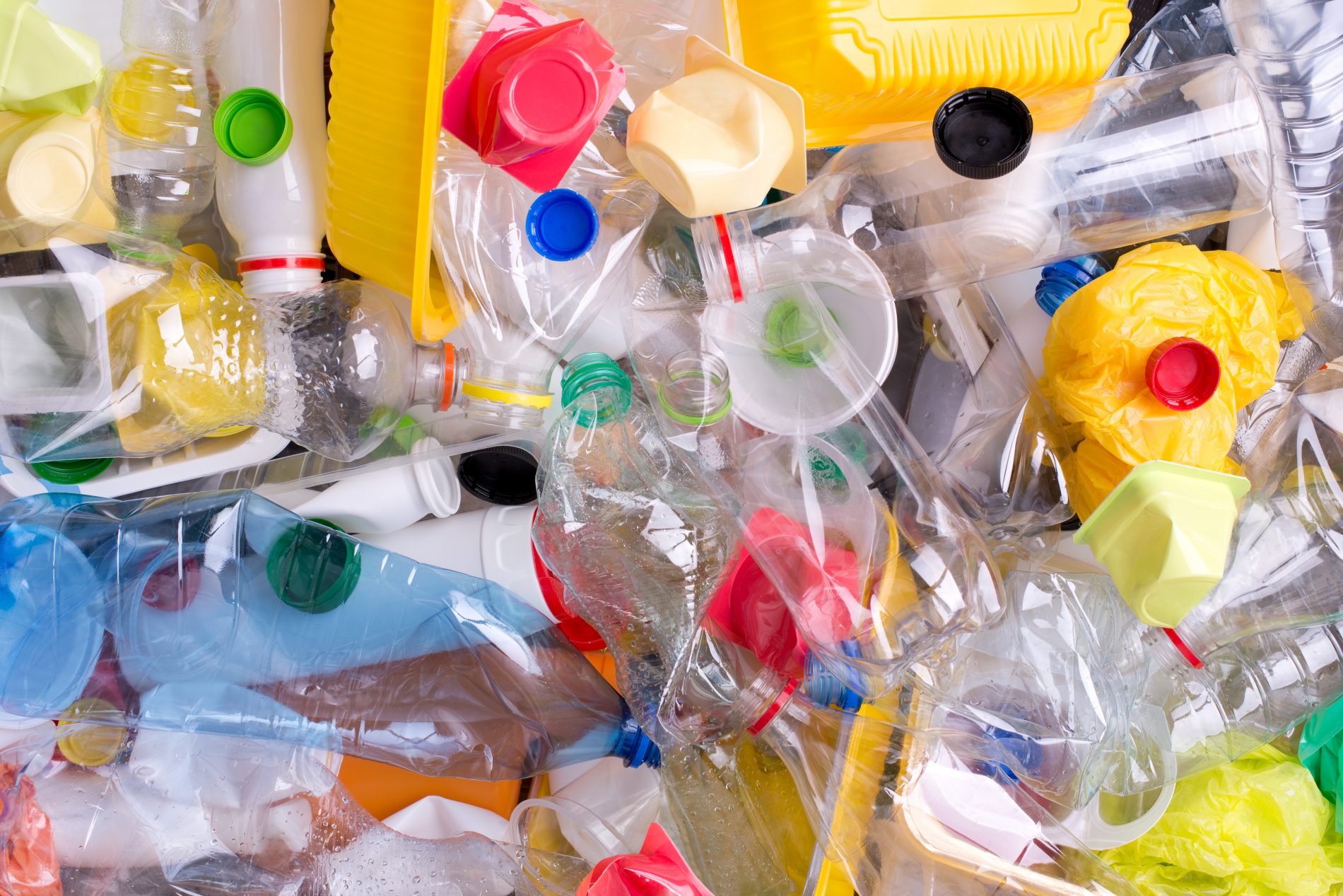Avoiding plastic isn’t just good for your family, it is also good for the environment. According to a report by the United Nations, in every square mile of ocean, there are on average, 46,000 pieces of plastic.
That’s a plastic state of emergency!
Toxins in those plastics then leach out into the water and affect marine life, or they pose a risk to marine life by getting tangled in the plastics or ingesting them.
Why is plastic bad for your health?
• It disrupts the endocrine system and can have negative effect on reproductive systems, growth and metabolism
• Studies have linked plastic exposure to breast, prostate and colon cancer
• It leaches into food and drinks (especially when heated …never microwave anything in plastic!) (Actually, never microwave anything! But that is a topic for another day).
Studies have actually shown that it doesn’t even take repeated exposure to BPA, a common toxin in plastics, to cause health issues. One particular study compared two groups of people:
Group A: drank a beverage from BPA-lined cans.
-within two hours, they had a rise in BPA found in their urine and a rise in blood pressure during the same period. The BPA was 16 times higher in Group A’s urine than in Group B.
Group B: drank the same beverage from a glass container.
-no heightened BPA in urine.
(Hidden) Sources of Plastic:
• inside lining of canned foods and pop cans
• plastic lunch boxes
• water bottles
• receipts
• plastic wrap
• plastic and paper cups
• kitchen storage containers
How can you eliminate the use of plastic?
While in recent years many stores have encouraged the use of reusable bags instead of plastic bags, it is still not enough to to reduce the plastic waste that ends up in landfills every year. The Bulk Barn has recently announced that they will be allowing the use of reusable containers instead of plastic bags. Consumers are encouraged to bring their own clean, glass jars to the store to fill up rather than using the traditional plastic bags. This concept is a huge step in the right direction to reduce the environmental impact we are placing on the Earth.
• Store leftovers in mason jars or glass containers
• Use silicone lids rather than plastic wrap to keep foods fresh in the fridge
• Use a glass or stainless steel water bottle
• Use a stainless steel travel mug of coffee or tea
• Avoid the use of plastic disposable cutlery and plates for parties
• Purchase fresh fruits and vegetables and avoid buying processed foods that are packaged in plastic
• Recycle!! Teach your children to reduce their use of plastic products and to recycle. Now more than ever we need to take good care of our planet.
With Sources from:
http://www.smallfootprintfamily.com/avoiding-toxins-in-plastic
http://www.citynews.ca/2016/09/27/toronto-bulk-barn-trading-in-plastic-bags-for-reusable-containers/
http://www.smallfootprintfamily.com/avoiding-toxins-in-plastic
https://wellnessmama.com/54748/hidden-sources-of-bpa/
https://www.niehs.nih.gov/health/topics/agents/sya-bpa/
http://www.environmentalhealthnews.org/ehs/newscience/bpa-crosses-placenta-is-active-form-in-fetus/
Jo-Anne Richardson has almost a decade of experience managing a chiropractic office and educating patients on how chiropractic can allow your body to express optimal health. She is a Registered Holistic Nutritionist and holds a Degree in Communications. She loves to experiment with raw vegan recipes, loves to salsa dance, travel and learn new holistic health information to share tips with everyone who visits the office.

